Banking In Brazil: Everything You Need To Know 2025- FAQs
The Central Bank of Brazil oversees the country’s money and banking system. It issues currency, regulates banks and financial institutions, and carries out monetary policy.
The currency in Brazil is the Brazilian real (BRL), which is split into 100 centavos.






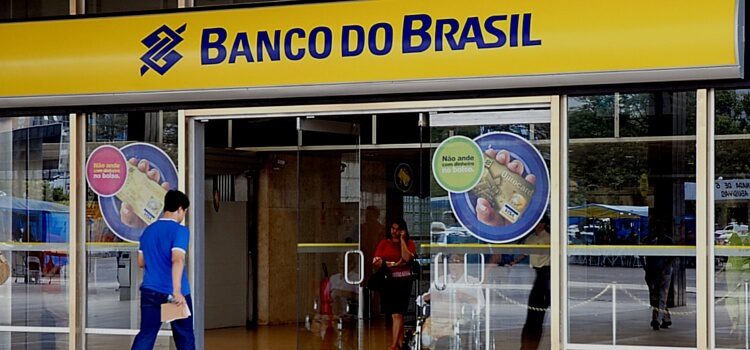





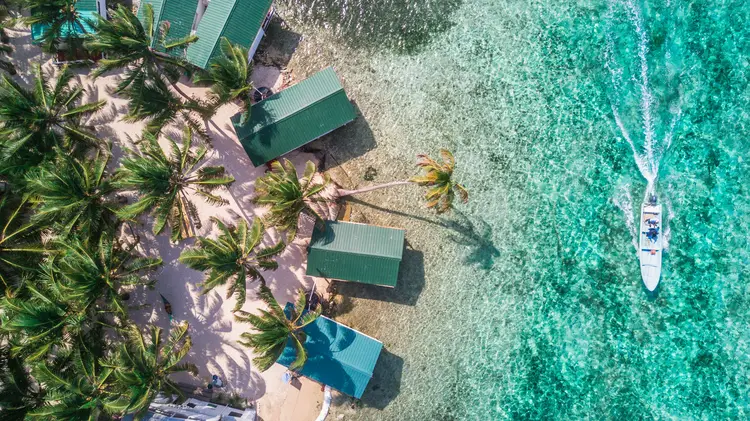 . '
. '
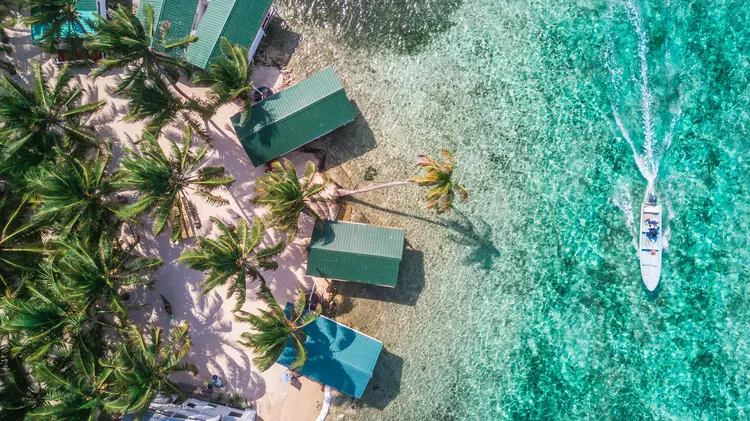 . '
. '
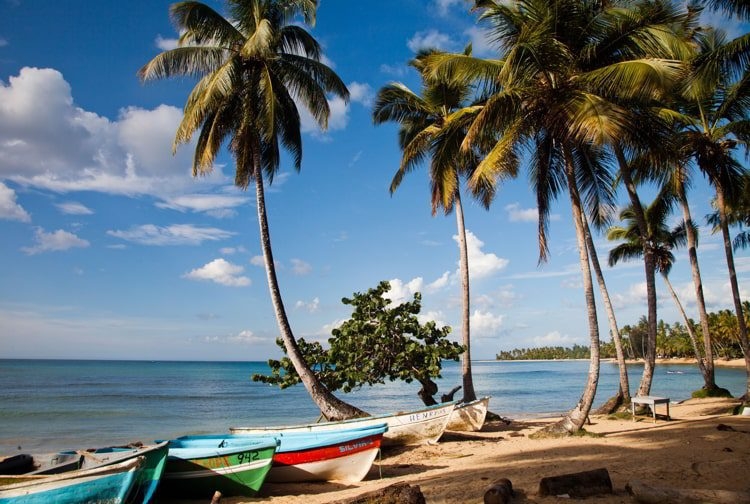 . '
. '
 . '
. '
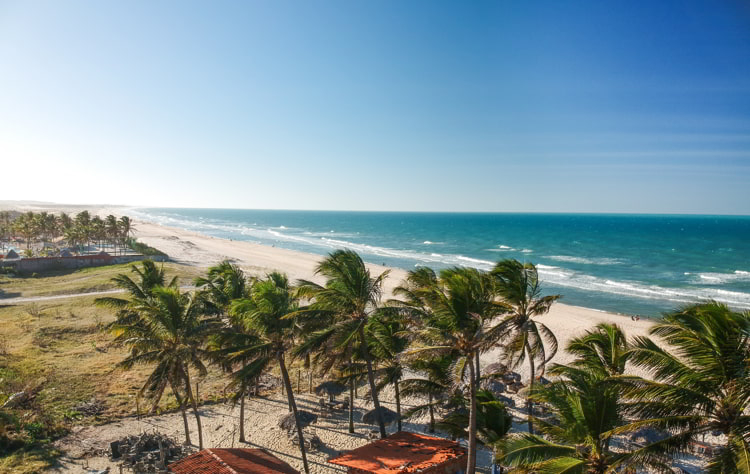 . '
. '








